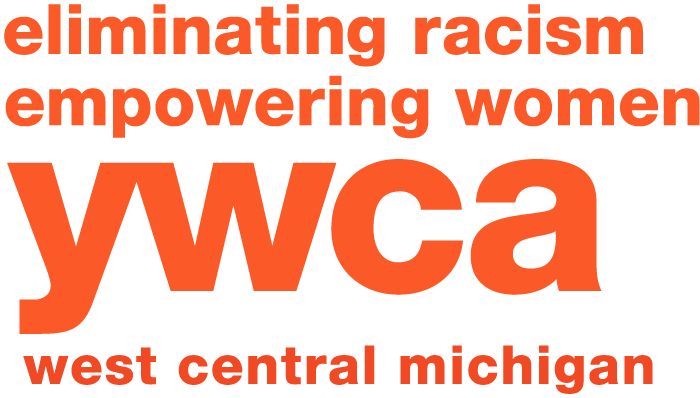Responsibility to Donors
The YWCA West Central Michigan’s fund-raising activities are based on a long-held respect for the rights of those who invest in this organization’s work, and recognition by our staff and volunteers of the ethical standards set out by the Association of Fundraising Professionals.
Protection of donor information
The YWCA does not sell, rent, or exchange donor information with other organizations.
Donor information collected by the YWCA is used for the purposes of managing a donor’s gift and philanthropic intent, to provide them with relevant communications and reports, and to meet organizational accounting requirements.
Vehicles for giving to the YWCA, such as our online donation form, response forms, and gift envelopes, offer donors the opportunity to indicate if they do not want their names to appear in public recognition pieces that the YWCA publishes.
If a donor would like to review their personal information, request corrections, be removed from future public recognition lists or from the YWCA’s mailling lists, they may do so by contacting the YWCA’s Development and Communications Office at 616.459.4681 or 25 Sheldon Blvd. SE, Grand Rapids, MI 49503.
The Donor Bill of Rights
The Donor Bill of Rights was created by the American Association of Fund Raising Counsel (AAFRC), Association for Healthcare Philanthropy (AHP), the Association of Fundraising Professionals (AFP), and the Council for Advancement and Support of Education (CASE). It has been endorsed by numerous organizations.
Philanthropy is based on voluntary action for the common good. It is a tradition of giving and sharing that is primary to the quality of life. To ensure that philanthropy merits the respect and trust of the general public, and that donors and prospective donors can have full confidence in the nonprofit organizations and causes they are asked to support, we declare that all donors have these rights:
- To be informed of the organization’s mission, of the way the organization intends to use donated resources, and of its capacity to use donations effectively for their intended purposes.
- To be informed of the identity of those serving on the organization’s governing board, and to expect the board to exercise prudent judgment in its stewardship responsibilities.
- To have access to the organization’s most recent financial statements.
- To be assured their gifts will be used for the purposes for which they were given.
- To receive appropriate acknowledgement and recognition.
- To be assured that information about their donation is handled with respect and with confidentiality to the extent provided by law.
- To expect that all relationships with individuals representing organizations of interest to the donor will be professional in nature.
- To be informed whether those seeking donations are volunteers, employees of the organization or hired solicitors.
- To have the opportunity for their names to be deleted from mailing lists that an organization may intend to share.
- To feel free to ask questions when making a donation and to receive prompt, truthful and forthright answers.
